|
0 Comments
Article by Dawn Allcot | GoBankingRates | Yahoo! Life Featured Expertise by Jason Gelios Financial guru Dave Ramsey recently tweeted: “Finding the right home takes more than a Google search. You need an agent you can TRUST to help find a home that’s right for YOU.”
See: Dave Ramsey’s 7 Tips for Paying Off a Mortgage Faster Explore: 3 Things You Must Do When Your Savings Reach $50,000 There’s a solid takeaway in his words — a buyer’s agent can help by advocating for you, guiding you through the pre-approval process and tapping into their trusted network of professionals to assist you with every aspect of buying a home, from the mortgage to closing and everything in between. Click here to read more First you need to know there are different types of tax experts. And not all accountants are CPAs. So, if you’re thinking that a licensed independent CPA and someone at H&R Block or Jackson Hewitt (or your buddy who studied accounting in college) are pretty much the same, don’t count on it.
Basically: An accountant is someone who studied accounting and works in the field. CPAs are accountants who passed a rigorous examination and must comply with stringent continuing education requirements from their state board on a regular basis. The designation usually requires a degree. Not every CPA specializes in taxes. An enrolled agent, or EA, is a tax specialist who has been certified by the IRS. Being an EA doesn’t require a degree like a CPA does. But it does verify they know the tax law. A tax preparer at pop-ups like H&R Block or Jackson Hewitt is trained on tax software to help taxpayers file their returns. They aren’t required to be CPAs or EAs, but some are very knowledgeable about the tax rules. Only CPAs and EAs can legally represent you if the IRS challenges your return. There’s nothing wrong with visiting a pop-up preparer like H&R Block if your return isn’t all that complicated, says Cathy Derus, CPA and founder of Brightwater Accounting in Illinois. “It’s when you start generating other income — perhaps you launch a business or own rental property — [or experience a big financial change] when it makes sense to ask for a little extra help,” she says. Several software programs are available to help you prepare your own return and save money, says Tai Stewart, accountant and owner of Saidia Financial Solutions in Houston. “They’re good for people who have simpler returns — they’re in their first few years of work or single with no kids. The programs ask questions to make it easy to understand the directions and input your data.” But if you’ve bought a home, it gets more complex, Stewart adds. “That opens you up to special credits and deductions and requires more recordkeeping. If you mess something up or miss out on deductions, it can cost more than hiring an accountant would have.” By: Gabriela Barkho March madness is here — not the basketball kind, but the home kind. It’s that time of year when homeowners who’ve been through a few winters know that to be at the top of their game, they have to be proactive.
Here are four things they always do: #1 Patch Up the Bare Spots in the Lawn That’ll keep both mud and water out of your house as snow and ice continue to melt and spring rains arrive. #2 Inspect the Roof and Siding (Using Binoculars!) Your home’s outer coat — its roof and siding — takes a major beating during severe cold weather. March’s slightly warmer temps make it an ideal time to look for early signs of roof problems — before they become money-gobblers. Grab some binoculars (it’s safer than climbing on the roof and a time-saver) and start looking for signs of damage: Loose or curling shingles, Damaged gutters, Peeling paint, and/or cracks in the foundation. And start scheduling repairs before the damage gets more extensive. #3 Put Up Window Screens They last longer if you remove and store them for the winter (plus windows without screens will let in more warming rays of sunshine). But regardless of whether you removed them last fall, now’s the time to repair any holes, frames, or loose screens so you can open your windows for a fresh, clean breeze that’s bug-free. #4 Replace Batteries in Smoke Detectors They should be changed once a year. And if you’re pressing the “test” button to see if it works, know this: That button tests the alarm sound — not whether the device actually detects smoke. (To see if it can detect smoke, light a match, then blow it out holding the stream of smoke near the device. If it goes off, it works.) Every time you take a vacation, you might ponder whether the moment is right to purchase a second house. Buying a vacation home can be a wise investment if you already have a primary residence. You can have a definite vacation site every year and make some additional money by renting out your home. Owning a second home gives you the opportunity to unwind in a setting that replicates your primary residence while escaping the daily grind. But purchasing a vacation home is a significant financial choice that needs serious thought and preparation. So don't forget to research things people wish they knew before buying a house. It's important to take the time to carefully consider several aspects to make sure you make a decision that will result in years of delight. 7 Things to Consider Before Buying a Vacation Home Are the ocean's salty winds calling to you? Or are the majesty of the mountains and the balsam-scented pines whispering softly in your ear? Even if buying a vacation home may seem like a fantasy, it's a significant choice that requires careful thought. But when is the best tie to buy a home? Before you spend your hard-earned money or sign on the dotted line for that dream of a lifetime vacation, there are a few things to think about first, regardless of the type of holiday destination playing in your head like a non-stop loop. Are mountains and the balsam-scented pines pulling you towards adventure or relaxation? Location Your future vacation home's location is one of the most important factors to consider. It should be in an area you want to visit frequently. Consider the activities you enjoy while on vacation, such as skiing, hiking, or beachcombing, and look for a property that is close to these activities. Additionally, consider the accessibility of the location, including transportation options, distance from your primary residence, and availability of amenities and services. One of the most crucial things to consider when buying a vacation home is its location. Budget Before buying a vacation house, it's essential to consider your budget. Determine how much you can afford to spend on a property, including the down payment, closing costs, and ongoing expenses such as property taxes, insurance, and maintenance. Keep in mind that owning a vacation home may come with additional costs, such as HOA fees, property management fees, and utilities. A good rule of thumb is to ensure that your total monthly expenses for the vacation home do not exceed 10% of your monthly income. Property Type Holiday homes come in various styles, including single-family homes, condos, townhouses, and cabins. Each sort of property has a unique set of benefits and drawbacks. A single-family home, for instance, can provide more space and solitude, whereas a condo might provide amenities like a gym or pool. Think about the kind of property that best satisfies your requirements and tastes. Therefore, experts from U. Santini Moving and Storage NYC advise considering the property's resale worth and the local market's demand for properties of that kind. You might not end up selling your vacation home, but it's always good to think a few steps ahead. Consider the type of property that best suits your needs and desires. Financing Options
Financing a vacation home may be more challenging than financing a primary residence. Lenders typically require a larger down payment, higher credit score, and stricter underwriting standards for vacation home purchases. Research your financing options, including conventional loans, FHA loans, and cash purchases, to determine which option is best for you. Additionally, consider the interest rates and loan terms to determine the long-term affordability of the vacation home. If you are a senior, you can find some home-buying tips for seniors that will also help you. Maintenance Vacation homes require ongoing maintenance to keep them in good condition, especially if they are left vacant for extended periods. Consider the property's maintenance requirements, such as landscaping, cleaning, and repairs. So before buying a vacation home, make a list of all the things you would need to take care of. Determine whether you will handle the maintenance yourself or hire a property management company to handle it for you. Keep in mind that maintenance costs can add up quickly, so it's important to factor them into your budget. Rental Income If you plan on renting out your vacation house to offset expenses, research the rental market in the area to determine the potential rental income. Consider the rental demand during peak seasons and any regulations or restrictions on short-term rentals in the area. Keep in mind that managing a rental property can be time-consuming and may require the assistance of a property management company. It's essential to factor in the rental income when determining the affordability of the vacation home. Also, if you are, for example, buying a second home in Sunset Park, Brooklyn, you might want to secure unit for your items so that they are safe while you're renting the property. Tax Implications Owning a vacation home may have tax implications, including property, income, and capital gains taxes. Consult with a tax professional to determine the tax implications of owning a vacation home and how to maximize your tax benefits. Some tax benefits may include deducting mortgage interest, property taxes, and rental expenses. Conclusion Buying a vacation home can be a terrific investment for people who enjoy traveling and desire a second house in their preferred location. Take the time to carefully consider and weigh each of these issues before deciding whether to buy a vacation property to be sure you are making a sensible investment. Making an informed decision can be aided by speaking with a real estate agent knowledgeable about the neighborhood and market. Ultimately, choosing a vacation house should be a deliberate and well-thought-out process. You may make a good decision that will provide you with many years of fun and relaxation in your little corner of paradise by taking the time to analyze all of the relevant elements. |
AuthorJason Gelios is a Husband and Father. After that, a Top Producing REALTOR®, Author of the books 'Think like a REALTOR®' and 'Beating The Force Of Average', Creator of The AskJasonGelios Real Estate Show and Expert Media Contributor to media outlets across the country. Archives
July 2024
Categories |
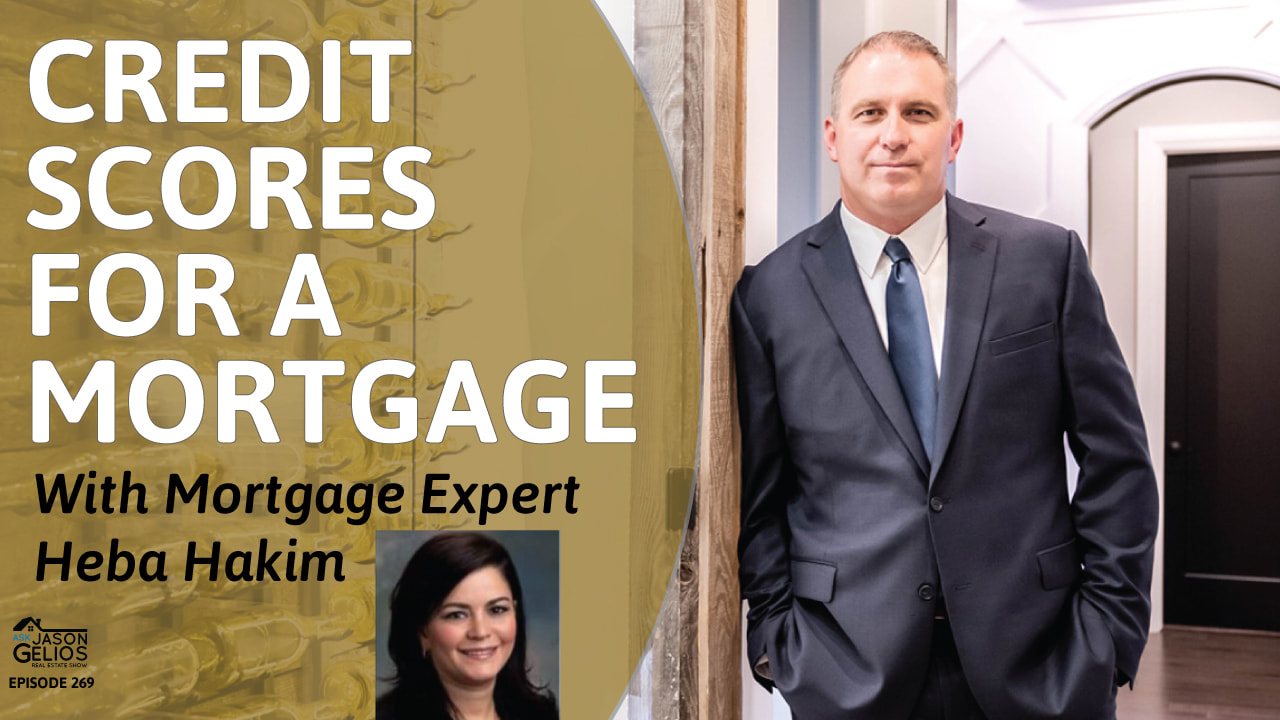
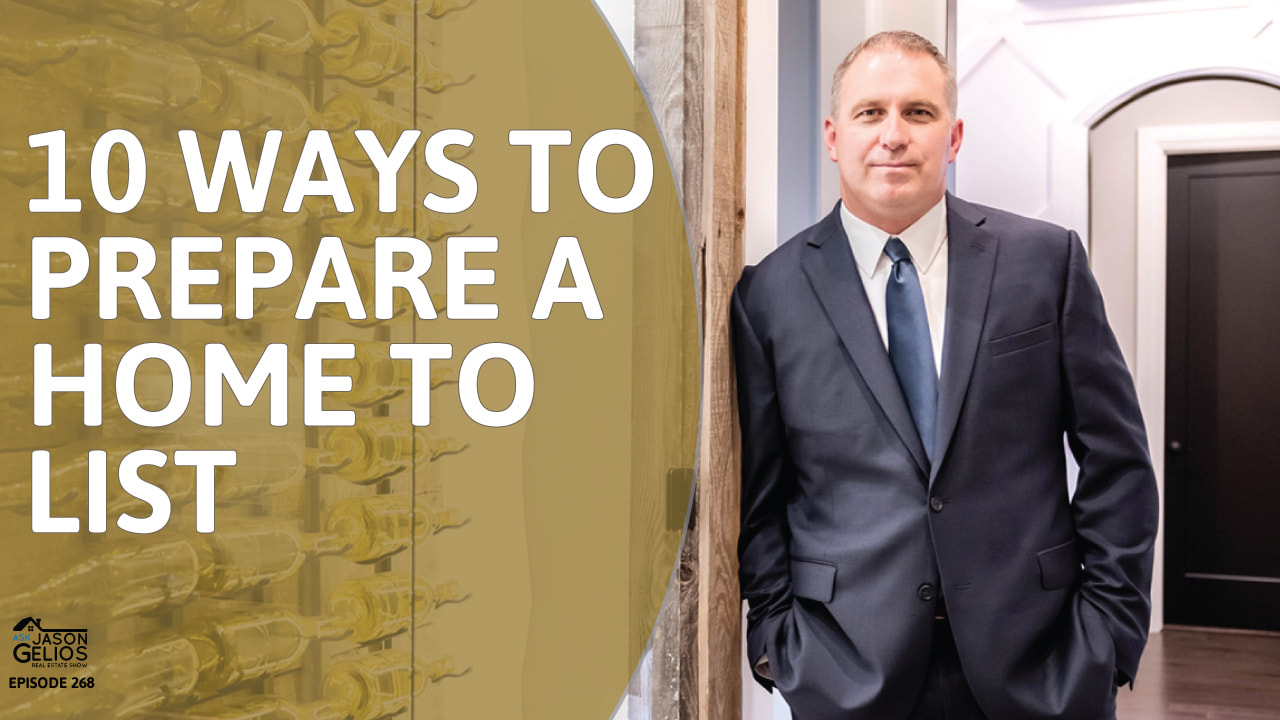


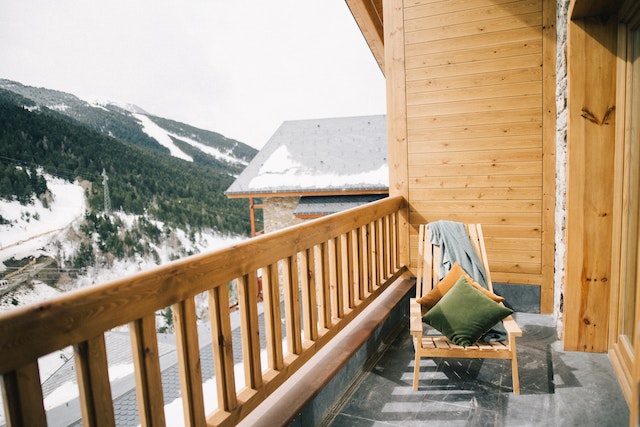


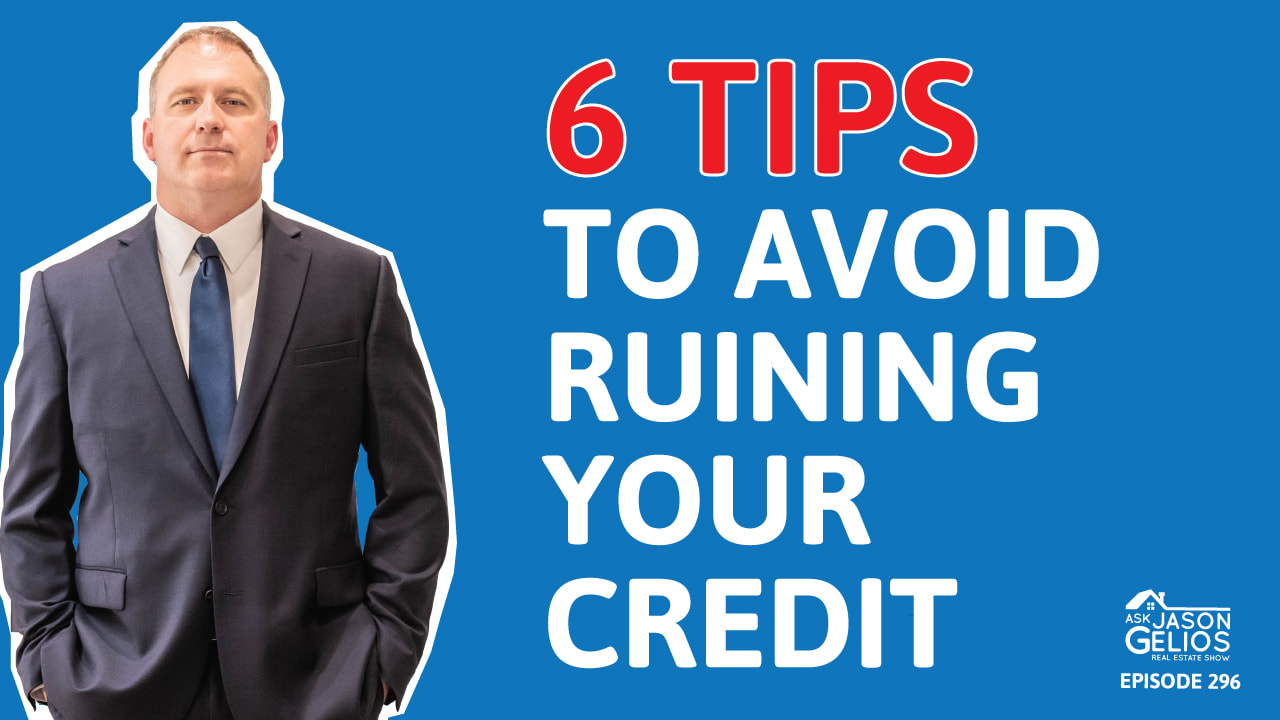

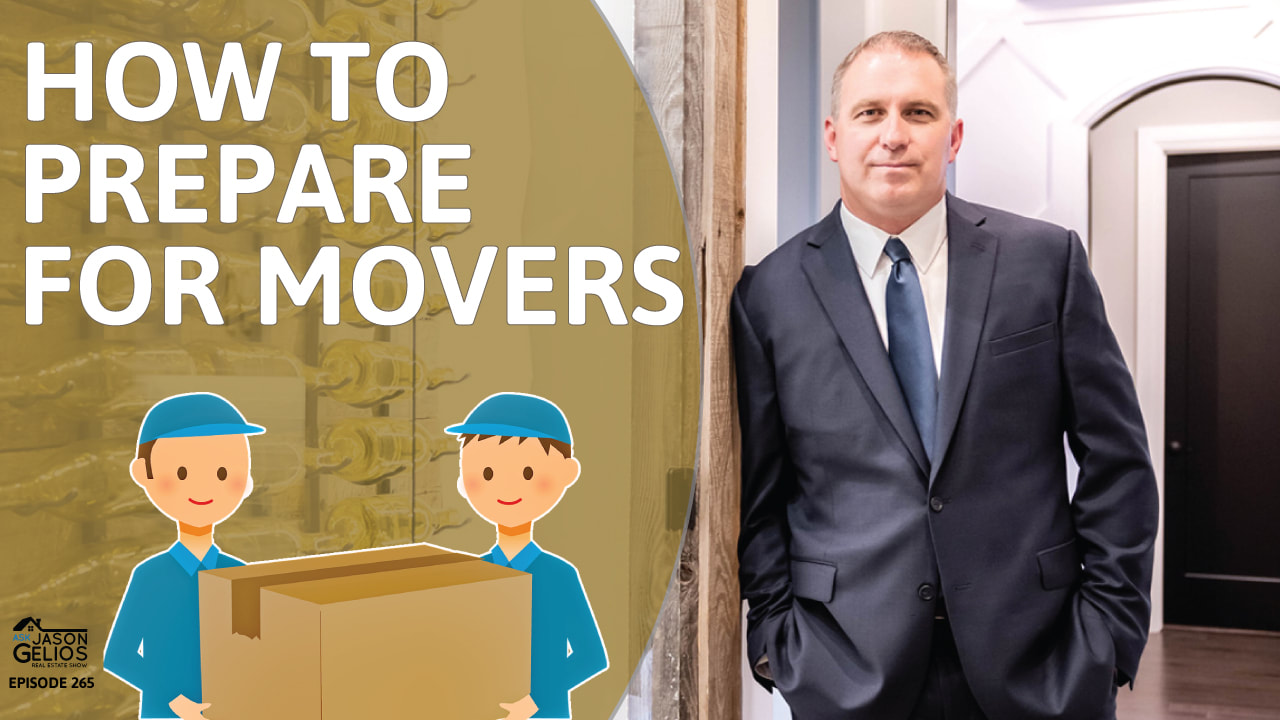

 RSS Feed
RSS Feed